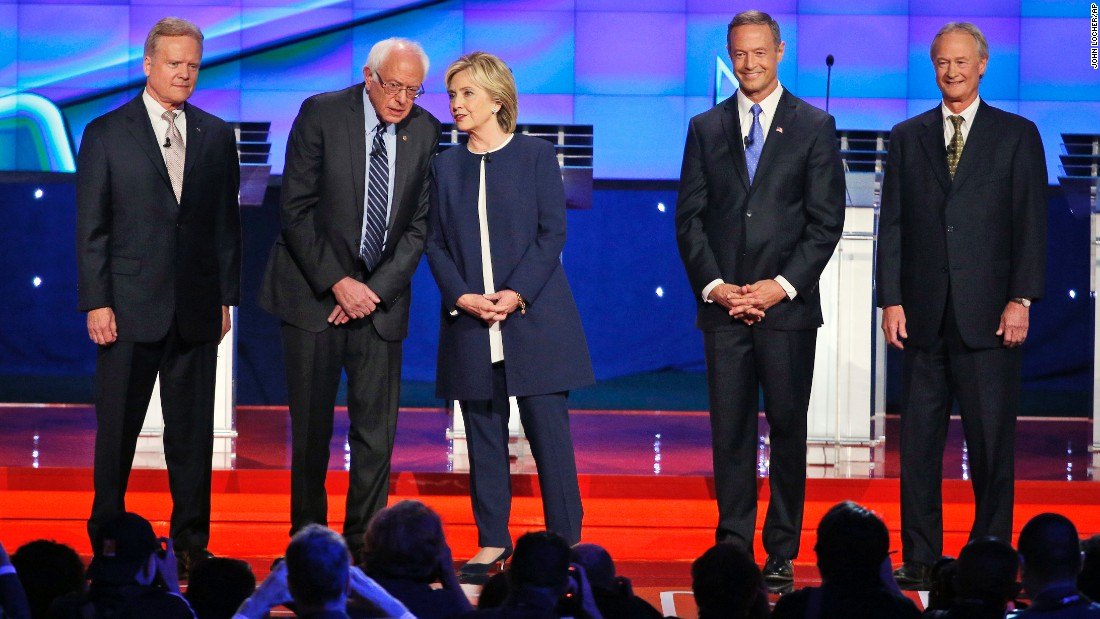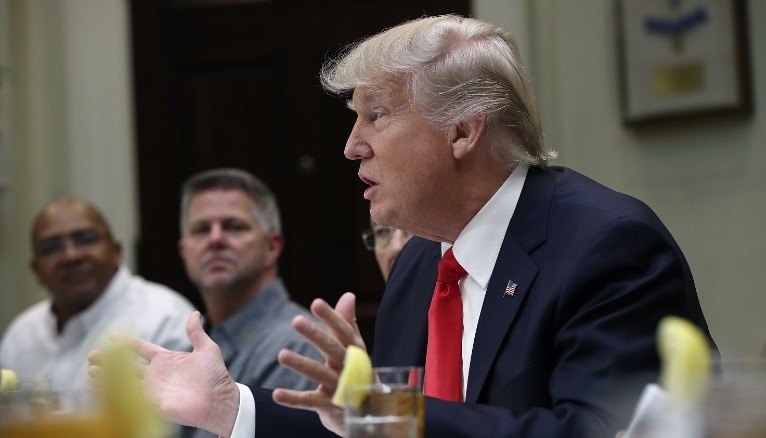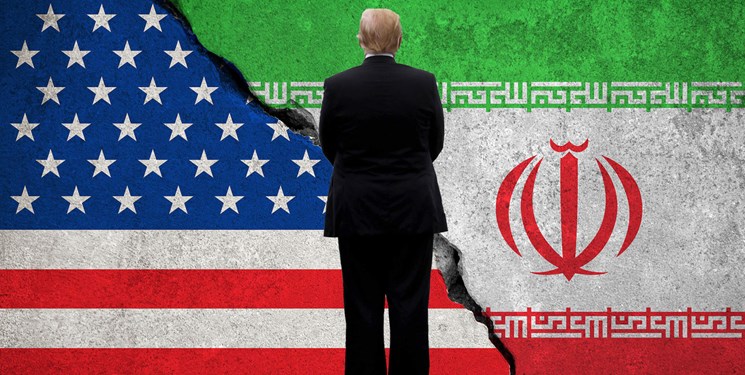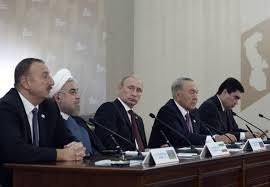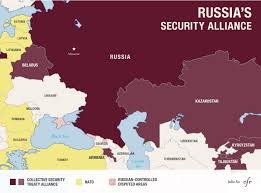Turkish Foreign Policy: Challenges and Turnings
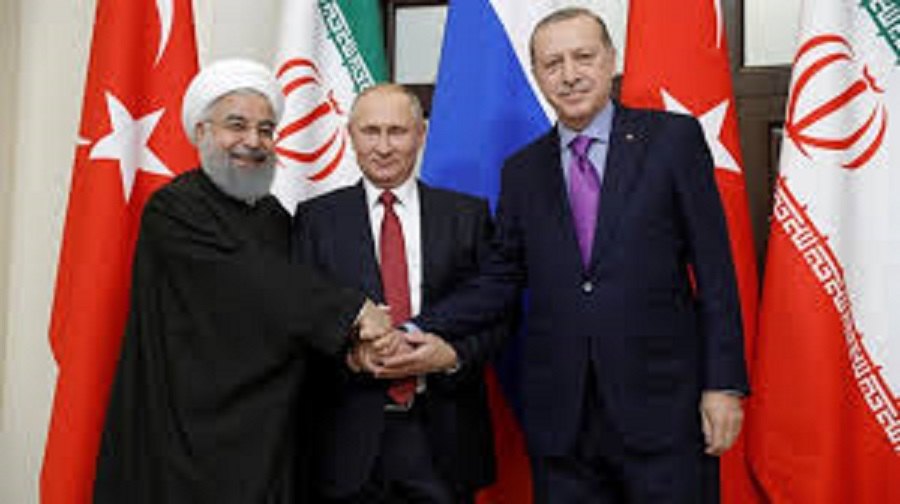
Dr. Jafar Haghpanah
Current approaches and behaviors in Turkish foreign relations look like what you could refer to as forming fundamentals and components of a paradigmatic turn in its foreign policy. On this basis its new balanced orientalist-oxidentalist orientation and its role as an “isolating power” enjoying the place of a role player and simultaneously acting in the Middle East, Europe and South Caucasus security complexes in its foreign policy are vivid.
Announcement by the US State Department that no visa would be issued for Turkish citizens on the pretext that a member of the service staff of the US embassy in Turkey suspicious of being linked to the current named Jamaatis led by Fethullah Gulen followed by mutual reaction and serious grievance of Turkish officials, indicated the existence of a great obstacle between the two.
Arresting some German nationals in Turkey and subsequent protest expressed by officials in Berlin and the reaction shown by justice and development party officials to German policies, expanded the range of existing disputes.
At the level of Turkish cooperation with NATO, old problems and obstacles like limiting movements, NATO officials’ visits and Turkish reluctance to step up its defense budget up to 2 per cent of its GDP continue to exist.
Military ties between Turkey and its traditional competitors like Russia and Iran tended to increase whose simultaneity with its distancing from the west would give a special meaning and manifestation to new political behavior of Ankara.
Role-playing by Turkey in Syrian developments is based upon its cooperation with Iran and Russia in form of holding peace meetings in Astana, Kazakhstan rather than being confined to Western-Arabian initiatives for regional crisis management.
Turkey was supposed to deploy 500 troops in Idlib to monitor the cease fire. However it sent more. Besides, the mechanism for deployment of peace keeping forces, presence at buffer zones and using light and semi light weapons were considered while the troops appeared with tanks and armored vehicles being deployed mainly at points where were almost completely controlled and owned by armed groups backed by Turkey like Ahrar al-Sham. While the Syrian Kurds backed by the US in Raqqa and to some extent in Deir ez Zor have the upper hand, Turkey, to balance and curb the Syrian armed Kurds puts more emphasis on stabilizing its presence in northern Syria.
Despite Kurdistan Region very much depends on importing all goods and exporting oil exclusively through Turkish routes, the said has not used the leverage to pressurize leaders of Iraqi Kurdistan and border customs services are rendered of course at a more limited level in compare to the past, at Khabour-Ibrahim Khalil zone.
Erdogan administration also welcomed efforts by Haider al-Ebadi to restore Baghdad sovereignty over disputed regions particularly Kirkuk where was freed through a joint operation carried out by Iraqi army and special units as well as Hashd al Shabi forces in mid October bringing it under central government’s control.
Iran, with a less degree of domestic vulnerability, a stronger feeling of convergence and more power for interaction with the majority of Kurdish community within and outside its borders, mainly for geopolitical reasons and in competition with powers like Israel and Saudi Arabia, opposed to the referendum while, from Turkish point of view, added to regional observations, concerns over its domestic security played a serious and effective role.
Trump Administration Strategy and the Iranian Counter-Strategy
Research Institute of Strategic Studies
Holding an expert meeting RISS with the research board to review American comprehensive strategy vis-à-vis Islamic Republic of Iran in two sessions. The first session was dedicated to reviewing US goals, mechanisms to achieve the goals, Trump administration acts and plans, and American strategy weaknesses and paradoxes. And in the second session dimensions of an appropriate Iranian strategy in face of actions taken by the US government was examined.
Trump administration strategic goals concerning Iran could be explained in form of annihilating Obama heritage, portraying a talent image for the advocates, a low-cost departure from JCPOA, attenuating Iranian national capability and potent, safeguarding the security of US allies in the region and finally, regime change in Iran.
Obama was “opposite” of Trump. Most of what Trump does is to defy Obama and his heritage. Trump’s appreciation of Iran and the JCPOA is incorrect, but because the agreement was reached under Obama, It should be removed.
For Trump the JCPOA is the worst agreement and something shameful, however, unilateral withdrawal is highly costly due to the mechanisms provided therein. International isolation, diplomatic incredibility and heightening of domestic disagreements with Trump are among the costs.
For trump previous sanctions are very effective and he maintains that when Iran was being destroyed under sanctions, Obama came to its salvage from a definite failure through talks and nuclear agreement.
Trump aims at returning to afore-JCPOA period and weaken Iranian national capability and potent through imposing multilateral sanctions.
To attain its strategic goals, Trump administration seeks to portray a hated image of Iran, promote Iranophobia, securitize Iran, linking all its own issues with Iran, exerting non-stop enduring pressure to stop investing in Iran and prevent its bonds from being deepened with international actors and finally, attenuate its regional and global stance.
To tousle the game and step up pressures on Iran, Trump gathers all problems and issues together and poses them at one time. Their look at Iran is of a generalist and essentialist nature. For this, Trump views Iran as a whole and holds that all problems are derived from the essence of the Islamic Republic of Iran. Referring to all disputed issues is for exerting expansive and severe pressure on Iran rather than for finding a solution. Adding the nuclear issue to the end, is to underestimate the JCPOA importance.
Trump aims at fending off Iran benefitting from JCPOA achievements and as sees annulling it very costly, would exert a permanent extensive pressure on Iran to poison the environment for foreign investments. He is of the belief that with the JCPOA, Iranian economy was revived and one should not let the state to reconstruct its economic and communication ability.
Trump is for instigating Iran to render some actions which could serve as evidence supporting the false identity thereof and shape a powerful consensus inside the US as well as in the Middle East and all around the world agreeable to pressure.
Iranian Counter-strategy could be based upon fortifying and strengthening national power in its various dimensions, adding costs to Trump policy towards the JCPOA, presenting a sensible and logical image thereof, boosting in all dimensions the ties with all states around the world and making efforts to repair its links with Saudi and the UAE, averting consensus and unity within the US society and at the International community level against Iran, playing a mediatory role in disputes and differences in its strategic sphere, emphasizing diplomacy and talks for resolving international disputes and insisting on implementation of previous agreements like the JCPOA and stressing the accepted international rules and principles.

